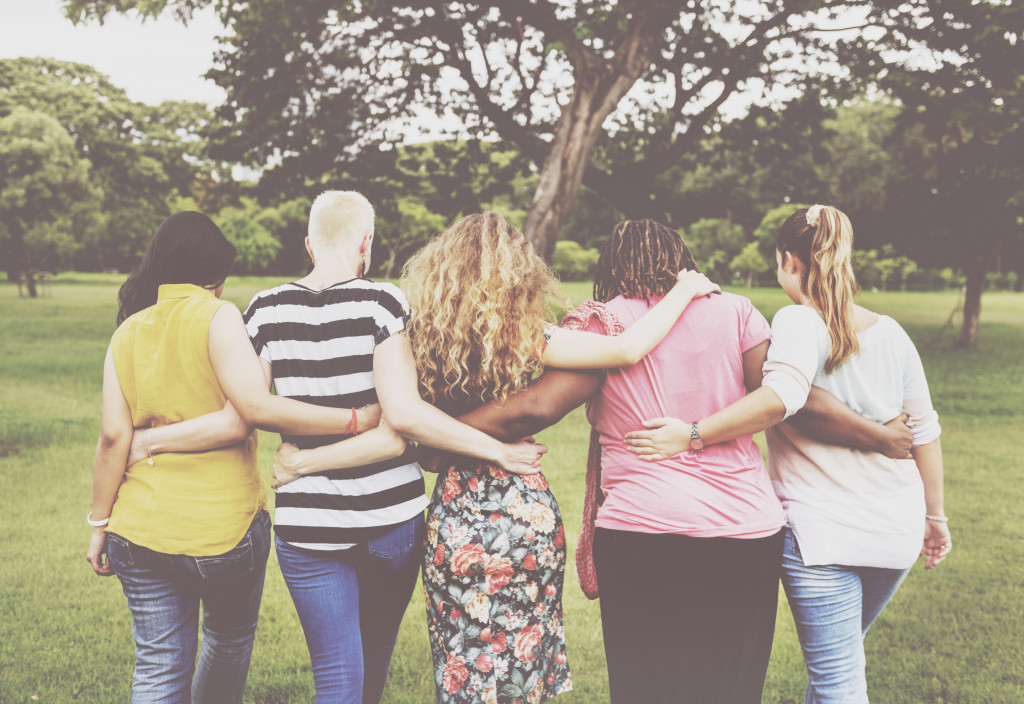- Open communication is essential for unhappy families to avoid conflicts and misunderstandings at home.
- Building a support network and offering counseling services can provide families a safe and supportive environment.
- Advocating for family-friendly policies such as child support programs and flexible work schedules can help families achieve long-term stability.
- Fostering family fun activities such as movie and game nights, nature walks, and group outings can help families communicate better.
Unhappy families are everywhere, affecting the lives of individuals in every community. Often, families struggling to find happiness will require assistance from their community. Helping unhappy families is crucial in promoting a culture of joy in the community. Fortunately, there are numerous ways through which individuals and community leaders can assist these families in their community. This blog details some of the best tips to help unsatisfied families gain the support and assistance they need to regain their happiness and well-being.
1. Encourage Open Communication
One of the most significant challenges for unhappy families is the lack of open communication between family members. Lack of communication can lead to dishonesty, misunderstanding, and, eventually, breakups. As a community, people can encourage open communication through various strategies. For instance, members can sponsor talks, seminars, and workshops that help families learn the art of listening, expressing thoughts and feelings effectively, and conflict resolution skills.
Also, posting information about successful communication skills on community notice boards can help families learn how to communicate effectively. Many communities also have a couples therapist to help partners deal with their problems. This support can help rebuild trust and understanding between family members.

2. Build a Support Network
Unhappy families can often feel isolated and alone. Communities can help create a supportive environment and a sense of connectedness. Community leaders can encourage building a support network by sponsoring gatherings where families can get to know each other and interact personally.
Members can volunteer as mentors to offer guidance and support and share ideas to help families cope with difficult situations. Many communities also offer counseling services and family therapy sessions to help families work through their problems. When families have a safe and supportive environment, it can help them build confidence and create positive connections with one another.
3. Advocate for Family-Friendly Policies
Community leaders should advocate for family-friendly policies that provide support in various areas. For instance, child support programs to aid parents whose primary focus is their children can be helpful. Flexible work schedules and benefits such as medical insurance can provide relief and support to working parents. Family-friendly policies can equip unhappy families with resources to achieve long-term stability and improve family relationships.
But it is essential to ensure that these policies are implemented effectively, and they should be monitored regularly to ensure they are helping the intended families. If not, the community should reexamine and adjust these policies to better suit the families needs. These policies might include subsidized housing, access to quality education and healthcare, and services such as legal aid or financial assistance.
4. Foster Family Fun Activities
Families that play together are more likely to stay together. Therefore, community leaders can foster activities to help families bond and share quality time. They can encourage organizations, businesses, or charities to host free family fun activities such as the following:

a. Movie nights
Simple movie nights in the park, at community centers, or even at homes can allow families to connect and have quality time with one another. These events can also be coupled with discussions about the movie and its themes, providing a platform for meaningful conversations.
b. Family game nights
Families can also enjoy game nights and use them to build a better connection with one another. Games like charades, Pictionary, or even board games can help foster a more harmonious atmosphere.
c. Nature walks
Organizing nature walks can also be beneficial, allowing families to disconnect from the electronic world and create a more meaningful connection. Nature walks can help families appreciate the beauty of nature, build empathy, and learn more about their community.
d. Group outings
Group outings such as picnics or visits to the zoo or local museum can also help families have fun together and create stronger relationships. While these outings are fun, they also provide a learning opportunity and can help families build knowledge about their community.
Building happy families within the community requires individual and collective commitment. Open communication and a supportive network can help families cope with difficult situations. Counseling services can aid families going through mental and emotional distress; family-friendly policies can provide a long-term solution; fun family activities can help families bond and communicate better. By supporting and encouraging family well-being, communities can build happier families that will transform the world and promote a sense of well-being for all.

